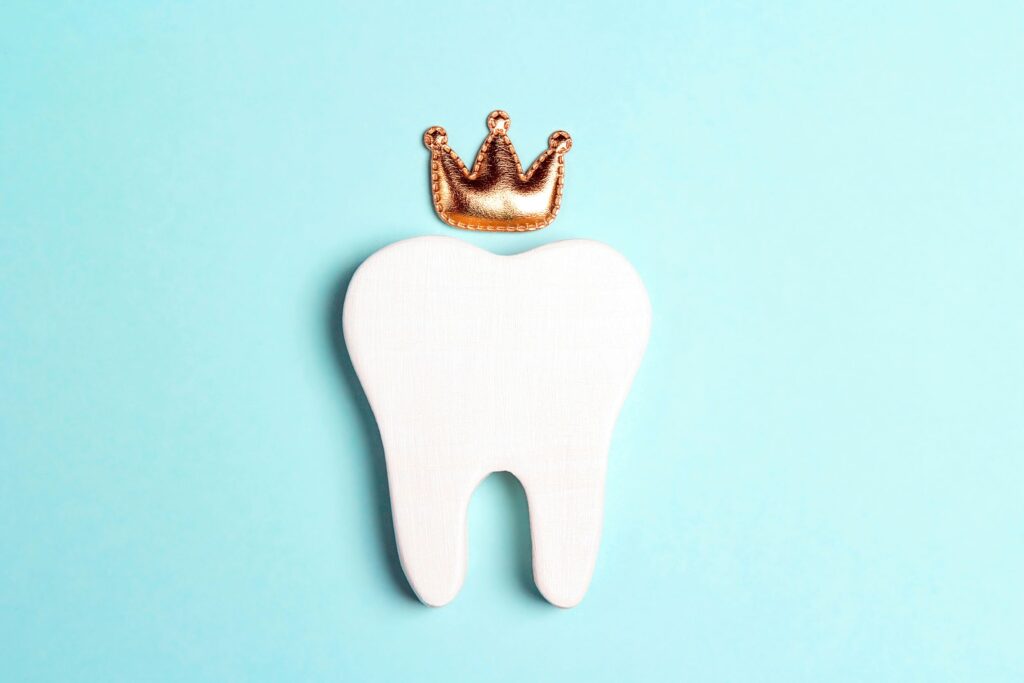
Do you have a severely decayed or damaged tooth, or have you recently undergone root canal treatment? If so, there’s a good chance your dentist will fit you with a dental crown to preserve your tooth’s functionality while restoring your smile’s appearance.
These prosthetics are customized to look just like your natural teeth and then are bonded over an injured one to protect it. However, you might avoid scheduling your procedure if you’re worried it will be long or painful. Continue reading to learn more about what sensations to expect when getting a dental crown to set your mind at ease!
Is Getting a Dental Crown Painful?
Some patients are so afraid of dental procedures that they avoid scheduling them, especially if they involve more complex treatment. It’s natural to worry that restoring a tooth might hurt, but fortunately, that’s not usually the case. Understanding more about the process of getting your dental crown can demonstrate why you don’t need to worry.
First, your dental team will numb the area with a topical anesthetic to keep you comfortable. Some providers also offer different types of sedation to ease even the most anxious worriers. Then, they’ll take X-rays and other images before prepping your tooth by removing a small amount of enamel. This ensures your cap won’t look overly bulky compared to your natural teeth once it’s cemented in place. Finally, they’ll make impressions of your teeth and send the information to a special lab to begin building your artificial tooth.
Because your pearly white is somewhat vulnerable to thinned enamel, they will provide you with a temporary restoration to wear in the weeks it takes for your permanent one to arrive. Once it does, they’ll schedule you for a fitting to ensure it sits over your tooth correctly before permanently bonding it down.
Does Dental Crown Recovery Hurt?
Typically, the procedure itself does not cause much discomfort, though it’s not uncommon for patients to experience mild to moderate sensitivity after the tooth is prepared. It’s normal to develop some aches as the anesthesia wears off, but thankfully, symptoms can often be alleviated sufficiently with over-the-counter meds like Tylenol or ibuprofen.
If you experience pain that doesn’t lessen over a few days or gets worse, contact your dentist. You might have developed an infection or other complication that can cause issues. Schedule an appointment with your provider so they can ensure that your mouth is mending as it should!
About the Practice
The dedicated team at Central Dental Associates has been delivering comprehensive oral care to Norwood residents for more than 50 years. Patients benefit from a team of dedicated dentists experienced with patients of all ages to treat the entire family. They put patient comfort first and strive to provide a comfortable environment where you can relax. Then, they utilize state-of-the-art equipment to provide beautiful, lifelike restorations meant to last. If you have a damaged tooth that needs help, you can request an appointment on the website or call (781) 769-3566.
